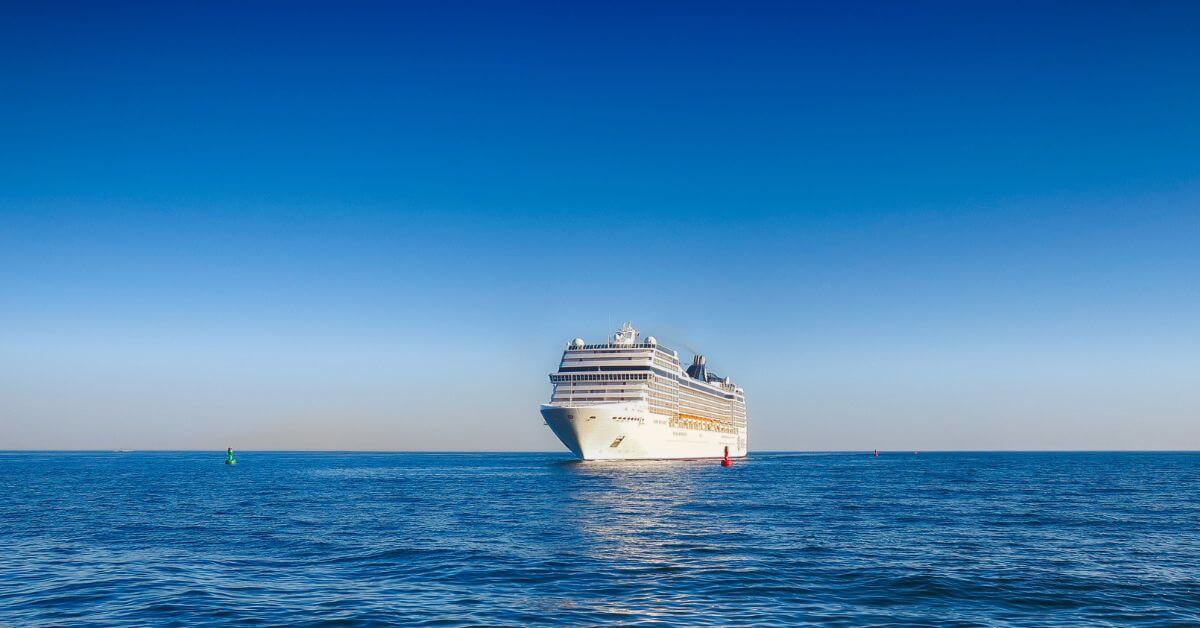
DG Shipping Celebrates 76 Years Of Strengthening India’s Maritime Sector
September 2, 2025
ABB & Wallenius Marine Establish OVERSEA™ Joint Venture To Boost Vessel Performance
September 2, 2025

The cruise industry has filed a lawsuit against the state of Hawaii, seeking to block the enforcement of a new climate-related tax that applies to hotels, short-term rentals, and for the first time, cruise ship passengers.
The law, known as the “Green Fee,” was passed in May and is set to take effect on January 1, 2026. It increases Hawaii’s transient accommodations tax from 10.25% to 11% by adding a 0.75% hike.
Cruise passengers will also be charged an 11% fee on their gross fares, prorated for the number of days ships are docked in Hawaiian ports. Counties have been authorised to add another 3% surcharge, which could raise the total fee to 14%.
Hawaii lawmakers said the measure is the first of its kind in the nation and is designed to generate funds to deal with the effects of climate change, including eroding beaches, wildfires such as the 2023 Maui fire, and other environmental damage. Officials estimate the tax could raise $100 million each year.
The Cruise Lines International Association (CLIA), joined by Honolulu Ship Supply Co., Kaua’i Kilohana Partners, and Aloha Anuenue Tours LLC, filed the suit in federal court in Honolulu on August 27. The defendants include state tax officials and county finance departments across Hawaii.
The lawsuit argues that the tax is unconstitutional, citing the U.S. Constitution’s tonnage clause and the federal Rivers and Harbors Appropriation Act of 1884, which limit the fees states can impose on vessels using navigable waters. Plaintiffs said no other state has attempted to impose this type of fee and argued that Hawaii is using the tax for its general treasury and green projects, rather than for services provided to ships.
They also pointed out that hotel and rental guests benefit from certain exemptions under the law, but cruise passengers do not. According to the suit, this makes the measure unfair and disproportionate when compared to other tourism sectors.
Another part of the law requires cruise lines to post notices onboard about the tax and include similar information in advertisements for Hawaii-bound cruises. The lawsuit challenges this, claiming that forcing companies to carry these notices is a violation of freedom of speech.
The industry says the additional fees will significantly raise costs for families. According to the filing, the tax could add hundreds of dollars to popular itineraries that include Hawaii’s ports, which could lead tourists to choose other destinations. Plaintiffs argued this would harm not only the cruise industry but also local businesses in Hawaii that rely on cruise passengers.
Cruises brought nearly 300,000 tourists to Hawaii in 2023, according to CLIA. State data shows Hawaii welcomed over 9.6 million total visitors that year. The cruise industry says it supports thousands of jobs statewide and contributes more than $600 million annually to Hawaii’s economy.
The plaintiffs are asking the court to declare the cruise-related provisions unconstitutional and issue an injunction before the law takes effect. They stressed urgency, noting that passengers book trips years in advance and that the looming tax is already influencing vacation decisions for 2026. A hearing on the injunction request is scheduled for October 31.
This lawsuit marks only the second time CLIA has sued a state in the U.S. The first was in 2016, when the group challenged cruise passenger head taxes in Juneau, Alaska. That case also centered on the tonnage clause, and in 2018, a federal court sided with the industry, ruling that fees must directly fund services provided to vessels. The dispute ended with a settlement in 2019.
The cruise industry has dealt with similar fee disputes in other countries. In Greece, new charges were introduced to address the pressure on popular islands such as Santorini and Mykonos. In Mexico, officials initially announced a steep head tax but later negotiated a phased approach after objections from cruise companies.
Hawaii officials, including the state attorney general’s office, Honolulu authorities, and other counties, have declined to comment until they have fully reviewed the lawsuit.
References: AP News, USA Today
Source: Maritime Shipping News


